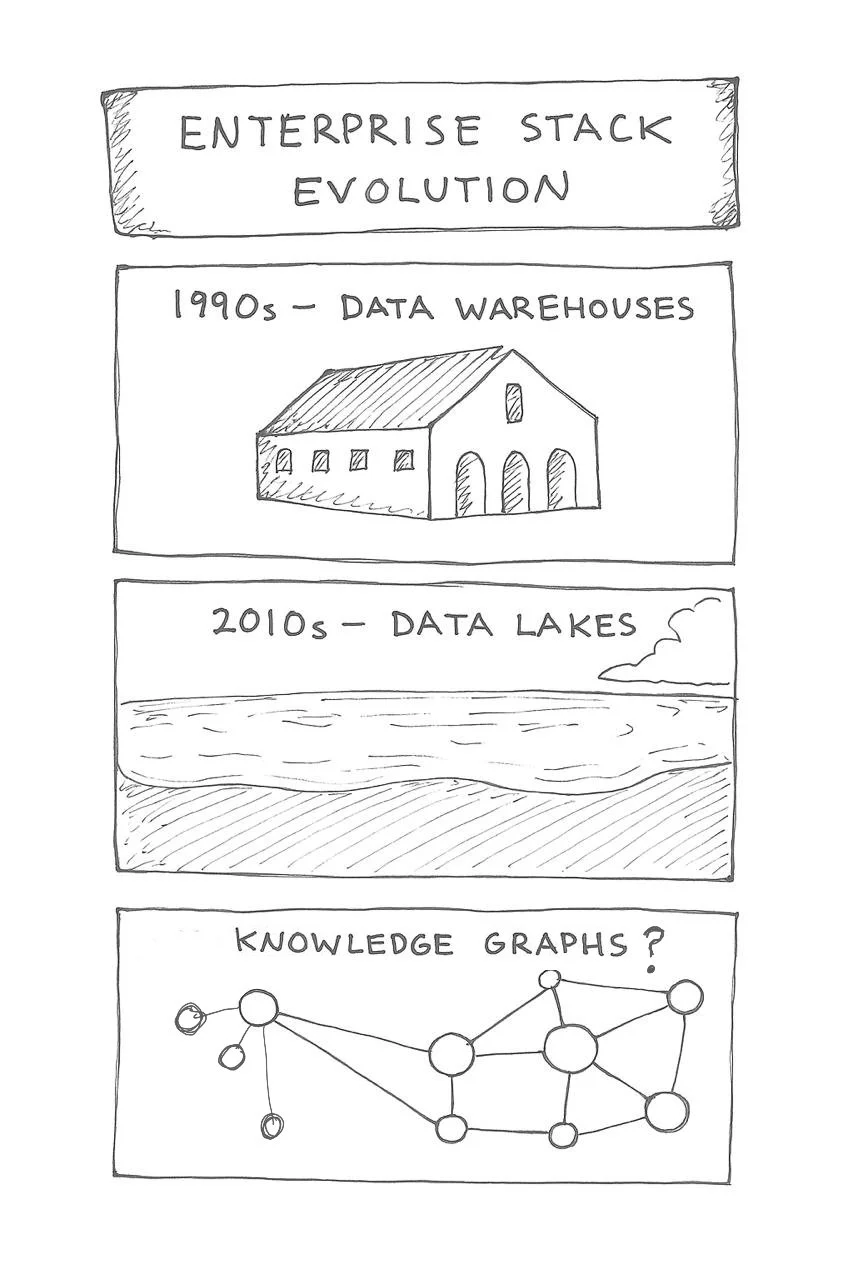Welcome
So, you are interested in The Knowledge Graph Academy course - excellent choice. This programme offers a rare opportunity to master skills that are at the forefront of the new age of AI.
Taking part could be a transformative step for you or your organisation - an invaluable investment in capabilities that will shape the future. Explore these pages to discover exactly what the course offers, the outcomes you can expect, and how to join.
Let’s get started.
What is the course designed to do?
The Knowledge Graph Academy enables companies and individuals to design, build, and scale knowledge graphs by combining intellectual rigour with real-world practice. Unlike purely academic material or vendor-led marketing, this course is grounded in hard-won practitioner experience delivering enterprise knowledge graphs across organisations of all sizes.
Learners work through a classical-music-themed capstone project in which they extend an ontology and build a functioning knowledge graph - demonstrating they can take a graph from ontology design all the way into production.
Who is this course intended for?
Data architects and data engineers implementing semantic technologies
AI/ML engineers looking to ground LLMs with structured knowledge
Knowledge managers and information architects responsible for enterprise vocabularies
Product managers and technical leads evaluating knowledge graph strategy
Software engineers who want to understand RDF, ontologies, and graph-based systems
Domain experts (non-technical) who “think in graphs” and want to formalise their knowledge models
The course is designed for both non-technical conceptual thinkers and technical professionals with relational or data engineering backgrounds.
Prerequisites
No formal prerequisites. The course is accessible to both technical and non-technical learners.
Familiarity with basic data modelling or introductory programming (Python or SQL) will help participants get more value from the hands-on exercises, but is in no way a requirement.
The Capabilities You will Gain
(re)Learn how to think conceptually
Create and manage controlled vocabularies and taxonomies using SKOS
Design lightweight ontologies using RDFS and OWL to model real-world domains
Convert tabular and structured data into RDF triples and map them to ontological classes
Load RDF data into graph datastores and query knowledge graphs using SPARQL
Build a semantic layer with reusable SPARQL queries and integrate it with AI agents or applications
Course Structure
-
A foundational introduction to concepts, instances, schemas, and the A-Box / T-Box distinction.
A clear starting point for how meaning is structured.
-
Build hierarchical vocabularies, manage synonyms, and understand how controlled terms ensure consistency across systems.
-
Brief introduction to RDF and the triple. Model hierarchical concept schemes using SKOS - broader/narrower relations, labels, and how SKOS builds on RDF principles.
-
Learn core ontology concepts – classes, properties, domain, range, inference – and how ontologies differ from controlled vocabularies.
-
Learn to map real-world datasets into RDF triples, linking data to the ontology you designed.
Load your graph into a triple store and run your first SPARQL queries.
-
Understand agent architecture, memory, tools, and planning. Learn how knowledge graphs support reliable behaviour through the neural-symbolic loop.
Learning Approach
Each module includes a 20-40 minute instructor-led talk followed by a 40–60 minute hands-on session. Hands-on sessions follow a consistent pattern: instructor demo, group breakout activity, and a show-and-tell discussion.
Learners work collaboratively in cohorts of around 12 people, with a supportive atmosphere and regular instructor feedback.
The course culminates in a capstone project where each learner builds a classical-music knowledge graph, complete with ontology, integrated data, and a small demonstration application or agent.
Tools and Technologies Used
Your wonderful brain and it's ability to think abstractly
OpenRefine (Optional)
Course Timetable
Day
Friday (unless agreed otherwise with cohort)
Example Schedule
09:30–10:20 Morning Session Intro Lecture
(coffee break)
10:45–11:30 Morning Hands-On Session
(coffee break)
11:45–12:30 Mid-day Session Lecture
(lunch)
13:30–15:15 Afternoon Session
(coffee break)
15:30–16:00 Wrap Up
(end)
Time zones offered
PT / CET / others based on demand, schedule times and delivery may vary.
Next cohort start
13 March 2026
These sessions run consecutively, every Friday; concluding on April 17th.
NOTE: Our EU Cohort (CET) has a break-week on April 3rd, and finished on the 24th of April.
Total contact hours
27 hours (6 days × 4.5 hours across 6 weeks)
Certification
Learners who complete the course and submit their capstone project receive a Knowledge Graph Academy Certificate of Completion, digitally verifiable and suitable for LinkedIn and professional portfolios.
Additional Information
Cost
£2,000 per person
Cohort size
Minimum 6, maximum 12
Format
Weekly live sessions, hands-on labs, and community discussions


